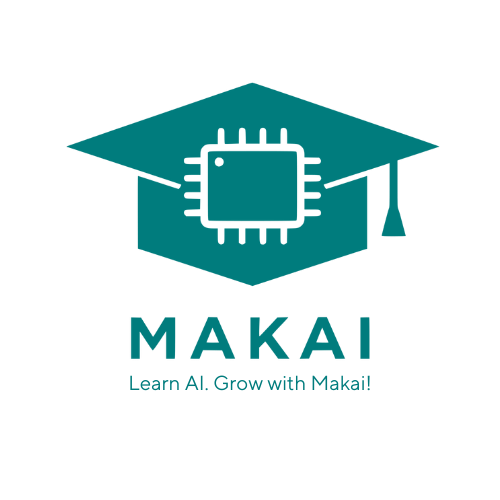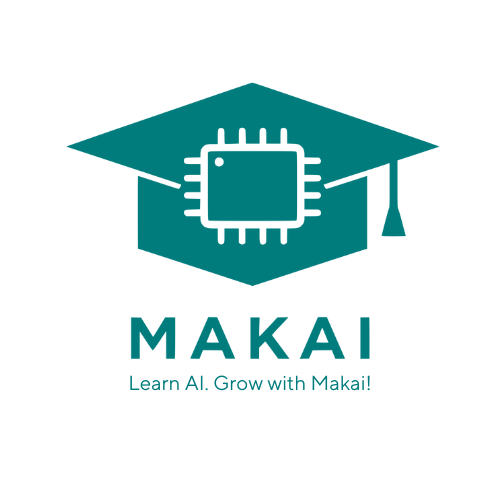Why it matters
The EU AI Act
The EU AI Act is the world’s first comprehensive law on artificial intelligence. Its goal is to make sure AI systems developed and used in the EU are safe, transparent, and respect fundamental rights.
Rather than banning technologies outright, the Act takes a risk-based approach: the higher the risk an AI system poses to people’s safety or rights, the stricter the rules.
The Act applies not only to developers of AI systems, but also to those who deploy, import, or distribute them within the EU. Even companies based outside the EU may be affected if their systems are used in the EU. The regulation was formally adopted in 2024 and will take effect in phases, with most key obligations kicking in between mid-2025 and 2026.
Article 4 of the EU AI Act includes an obligation to ensure people interacting with or overseeing AI systems are properly trained. This means companies using Chat GPT or Co-Pilot must go beyond deploying compliant tools, they also need to equip staff with the knowledge to understand how these systems work, what risks they carry, and how to use them responsibly.
Write your awesome label here.

